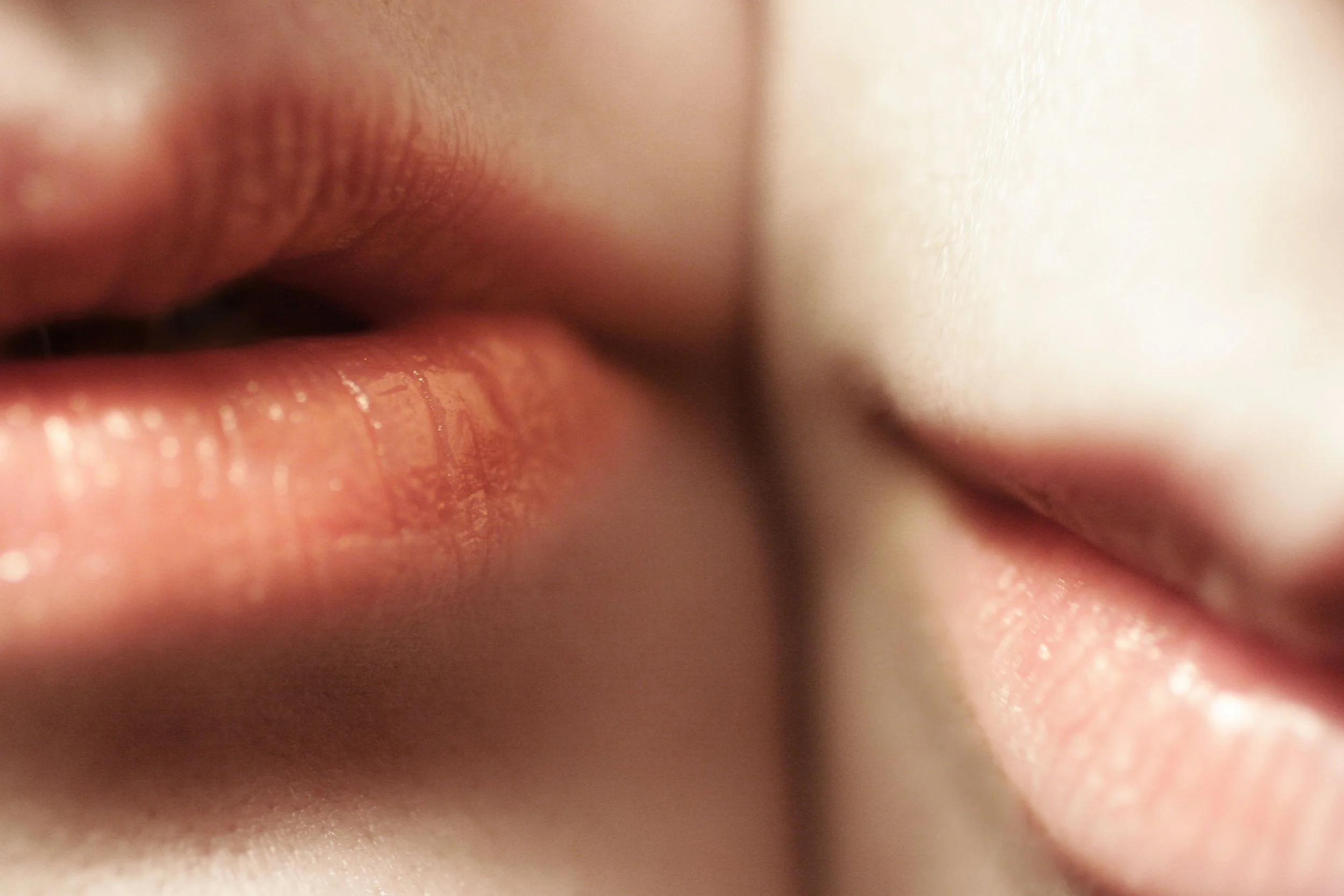Ask Bodyposipanda: Why Do Weight Loss Transformation Pictures Make Me Feel Like I'm Failing?
Dear Bodyposipanda,
What's your opinion on weight loss transformation pictures? My Instagram explore page is always filled with them and every time I look I come away feeling worse about myself, like I'm failing because I don't have an after picture to post (or at least not one where I'm thinner). How come they make me feel that way?
- C
Hey C!
As someone who spent a lot of years worshipping weight loss transformation pictures and praying for the day I'd post my own, I feel you on this. Before/afters still saturate social media and it's nearly impossible to avoid them altogether. When I was just starting out in body acceptance, seeing them would send me spiralling back into my diet mindset, and to this day I don't allow them on my feed, because they reinforce a lot of things I just don't believe in anymore.
To start with, they are one of diet culture's most effective forms of propaganda. In a single snapshot we're delivered multiple lies about weight and worth. Like the ideas that one body type is always superior to another, that happiness comes neatly packaged in a smaller size, and that our bodies are always in need of improvement. And when we're inevitably exposed to that, it's important to remind ourselves of the reality, because the weight loss Cinderella story isn't the fairytale the picture makes it seem to be.
Here's something transformation photos rarely tell you: losing weight does not instantly solve all of your problems. It doesn't turn your love life into your favourite romantic comedy. It doesn't fix your financial worries. It won't cure your mental illness or even heal your self hatred. Take it from someone who's been both sides of the before and after more than once, if you hate yourself that much to begin with, you'll still find things to hate 10lbs, 20lbs, 50lbs down. Losing weight won't magically make you more intelligent, more creative, more loving, more loved, more kind, more successful or more fulfilled. It just makes you smaller. All of the other things you don't like about yourself will still be there.
And let's not forget how deceptive images can be. It's easy to fake happiness in a single snapshot, especially with the help of good lighting, the right pose and professional photography. An after picture only shows us that person's life in one dimension, it only shows us one shot of the highlight reel, without allowing us to see the behind-the-scenes as well. Emotions are easily manipulated on camera. The person who fixes a smile for enough time to take a transformation photo might go back to arguing with their partner, dealing with depression and juggling three jobs to keep their head above water once the picture is posted. There is no happiness guarantee on the other side.
Not to mention the fact that the newly slimmed down 'after' probably won't be a permanent state, because as we know that weight is 95% guaranteed to come skipping home after its short holiday to Yo-Yo Island and land you back at the before picture (sometimes giving you a new before before picture). Transformation pictures stick around forever, in the large majority of cases actual weight loss doesn't.
But do you know what might be the most harmful part of these pictures? The resoundingly positive response they receive. We as a society tend to cheer for weight loss transformations no matter what. We assume that all weight loss is good, desired, and healthy. In reality, there are a million different reasons why someone might lose weight, many of which aren't things we should be cheering for.
When I was falling into my eating disorder, people cheered for me too. They looked on in envy and asked me what miracle diet I'd found to drop the weight so fast. I was only 14, and all my friends already knew that weight loss was always a good thing.
I've seen so many transformation pictures that were later revealed to be due to a developing eating disorder or an unhealthy obsession with food and exercise. When we cheer for those after pictures, we're unknowingly cheering for people to sacrifice their mental health in exchange for a body that better fits into societal standards of beauty. We're cheering for people to destroy themselves for the sake of an image. And like I said, we never really know what's going on behind the camera, which is why it's so important that we're cautious with our applause. Praising weight loss above all else can be just plain dangerous.
Besides restrictive eating disorders, people might lose weight for any number of negative reasons – they might be battling a debilitating physical illness that their body is having to use up its fat stores to fight. They might be struggling with crippling anxiety or depression that leaves them unable to get out of bed, let alone prepare themselves a meal. They might just be investing everything they have into the idea that they'll only be good enough in a smaller size. I don't think any of those transformations should be held up as all round positive and aspirational. But that's what's happening every time another before and after picture graces another front cover or goes viral on social media.
And finally, weight loss transformation pictures send the message loud and clear that bodies should be moralised and weighed against each other. This side is good, this side is bad. This side is worthy of love, this side isn't. This side is hard working, determined and strong willed, this size is lazy and condemnable. All the damaging stereotypes about fat bodies come to light in those pictures, usually with the transformee shaming themselves for how their body looked in the before.
But they were still worthy of self love before. They were still valuable before. Even if you've intentionally lost weight and you're proud of your current body, you don't have to shame your old body. Besides, your 'before' body is guaranteed to be the current body of someone else who's seeing your post, and shaming your former self tells them exactly what you think of bodies like theirs.
Beyond all of that, the number one reason why these pictures are a problem is this: they make us believe that we are all befores in need of transforming. I don't know about you, but I am not a before picture. I'm not waiting on a new body to grant me happiness and make me feel worthy of self love. I'll take my happiness and my self love right now, thank you.
Love & bopo,
Megan
P.S. If you like this column and want more advice like this, I wrote a whole book of it! You can find Body Positive Power here.








